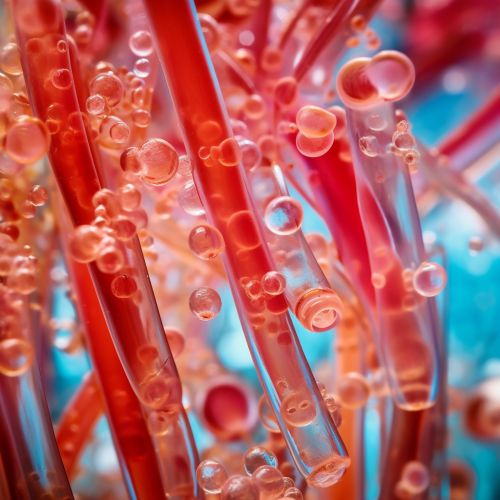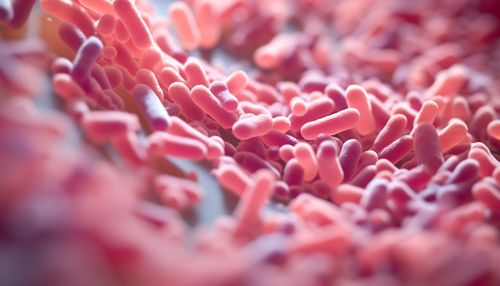Obligate anaerobe
Introduction
An obligate anaerobe is a type of organism that can only survive in environments devoid of oxygen. These organisms have evolved unique metabolic pathways to generate energy without the need for oxygen, a process that is fundamentally different from that of aerobic organisms. The term "obligate" refers to the necessity of an anaerobic environment for these organisms to live and reproduce.
Characteristics
Obligate anaerobes are characterized by their inability to use molecular oxygen (O_2) for metabolic processes, often because they lack the necessary enzymes to process oxygen. These organisms are not merely indifferent to oxygen, but are often harmed by its presence. This is due to the fact that oxygen can form reactive oxygen species (ROS) such as superoxide radicals, hydrogen peroxide, and hydroxyl radicals, which can damage cellular components and DNA.


Metabolism
The metabolism of obligate anaerobes is based on anaerobic respiration or fermentation. In anaerobic respiration, molecules other than oxygen serve as the final electron acceptors in the electron transport chain. These can include nitrate, sulfate, carbon dioxide, and even organic molecules. In fermentation, the final electron acceptor is an organic molecule produced by the organism itself. This results in the production of various end products, such as lactic acid, ethanol, and gases like carbon dioxide and hydrogen.
Distribution
Obligate anaerobes are found in a variety of environments where oxygen is absent or scarce. These include deep aquatic sediments, soil, the rumen of ruminant animals, and the human gut. They play crucial roles in these ecosystems, particularly in the cycling of nutrients.
Significance in Human Health
Obligate anaerobes are a significant part of the human microbiota, particularly in the gut where they contribute to digestion and the maintenance of a healthy immune system. However, some species can cause disease if they enter sterile parts of the body. These include species of Clostridium, which can cause conditions such as tetanus and botulism, and Bacteroides, which can cause abscesses and other infections.
